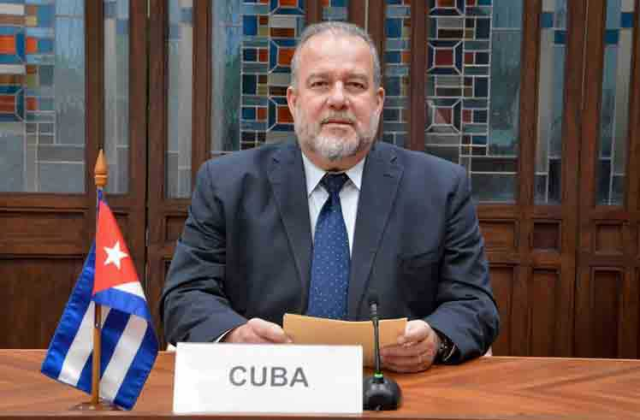Cuba has announced the suspension of key economic activities following power shortages which has impacted the energy sector with a huge crisis.
Cuba’s government pegged the suspension for three-day especially on all non-essential state services and businesses in response to an escalating energy crisis that has left much of the country grappling with extended blackouts.
Prime Minister Manuel Marrero, said, "the government had no option but to paralyse the economy.”
As part of these measures, all cultural and recreational activities, including discos, as well as public schools, will remain closed until Monday, according to Cuba’s state-run electricity union.
Marrero attributed the crisis to familiar challenges faced by Cubans, aging infrastructure, fuel shortages, and increased demand.
“The fuel shortage is the biggest factor,” Marrero said during the televised address.
President Miguel Diaz-Canel fingered U.S. for its “financial and energy persecution,” which, according to him, has made it “difficult to import fuel and other resources necessary.”
Despite the hardships caused by widespread blackouts and shortages, Marrero sought to reassure the public, stating that Cuba “is not yet in a bottomless abyss.”
Authorities expect power generation to improve in the coming days as fuel supplies are distributed across the island, which is home to over 10 million people.
However, Cuba’s growing private sector, which the government says is a heavy consumer of electricity, will soon face higher energy rates, Marrero announced.
The worsening energy crisis adds to the existing burdens on residents, who are already enduring severe shortages of food, fuel, water, and medicine.
Officials report quoted that over 600,000 people, roughly five percent of the population, lack consistent access to running water.




















